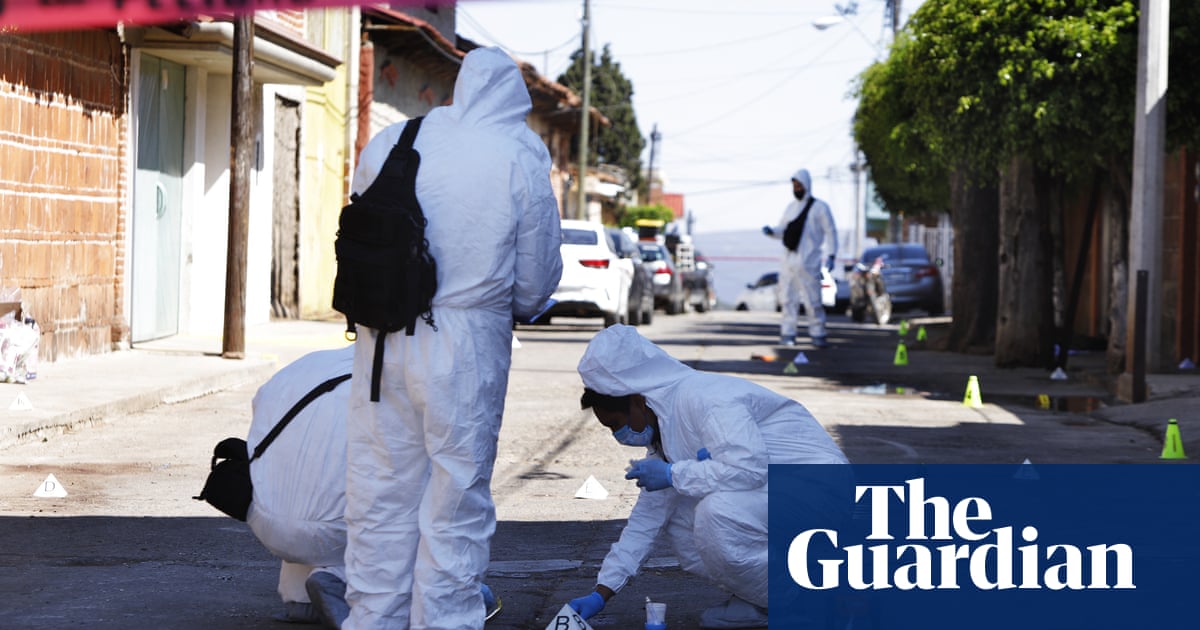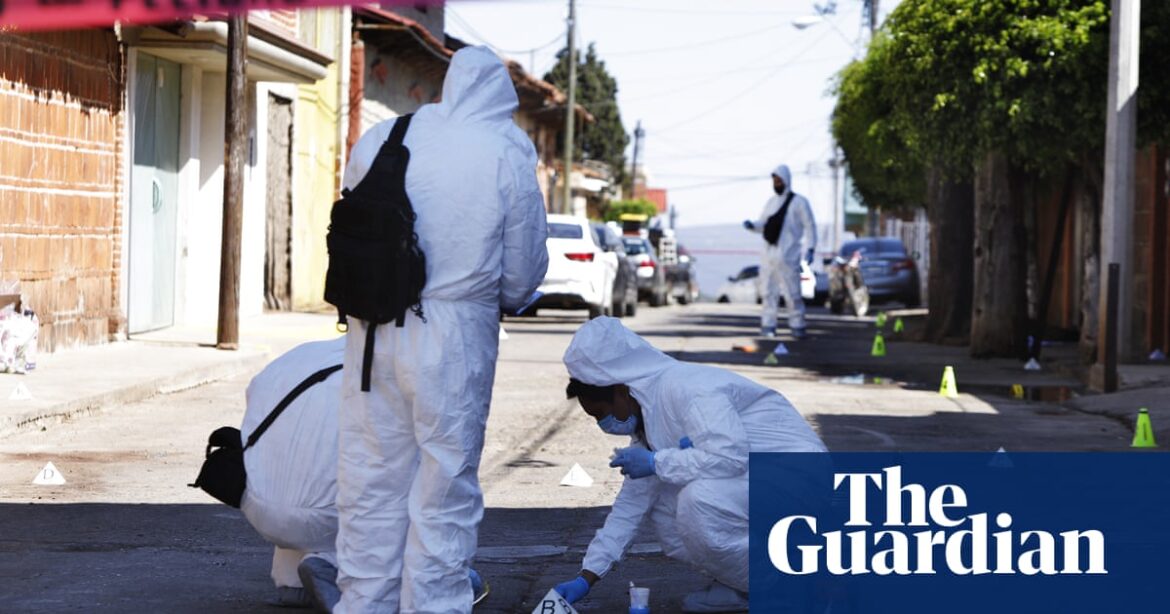
According to authorities, a group in the troubled Mexican state of Michoacán established their own makeshift internet antennas and demanded payment from the community for access to their wifi. Failure to comply would result in violence.
Named “narco-antennas” by nearby media, the organization’s setup consisted of internet antennas strategically placed in different towns using stolen equipment.
The Associated Press was informed by the Michoacán state prosecutor’s office that a group of people charged roughly 5,000 individuals inflated fees ranging from 400 to 500 pesos ($25 to $30) per month. This allowed the group to potentially earn around $150,000 monthly.
According to prosecutors, individuals were coerced into signing up for internet services at exorbitant prices by being threatened with death if they refused. However, there were no reported incidents of anyone actually dying.
The media in the area have named the criminal organization as Los Viagras. The prosecutors have chosen not to disclose which cartel is involved due to an ongoing investigation, but they have verified that Los Viagras has control over the towns where residents are being forced to pay for wifi.
Police confiscated the gear in the latter part of the previous week, and released images of the improvised antennas, stacks of equipment and routers bearing the logo of Telmex, a Mexican internet company owned by prominent businessman Carlos Slim. They also apprehended one individual.
For a while now, Mexican drug cartels have utilized a hidden system of radio towers and improvised internet to communicate between members and avoid detection from law enforcement.
According to Crisis Group’s Mexico analyst Falko Ernst, the practice of using towers to extort communities is a reflection of a broader trend in the country.
Ernst stated that there are around 200 armed criminal organizations operating in Mexico, and their primary focus is no longer limited to drug trafficking. They have expanded their activities to dominate other legal markets and provide various services. As these cartels have gained more power and influence over significant areas of Mexico, they have essentially established their own territories known as “fiefdoms”.
According to Ernst, certain regions have gangs that are collecting taxes on essential food items and imported goods. He also mentioned that these gangs have taken over the profitable avocado and lime industries in Michoacán, as well as parts of the mining sector.
“It has now evolved into a comprehensive game for them, not limited to any specific product or market. The focus has shifted to controlling territory through the use of force,” stated Ernst. “It is no longer exclusively about drugs.”
Source: theguardian.com



